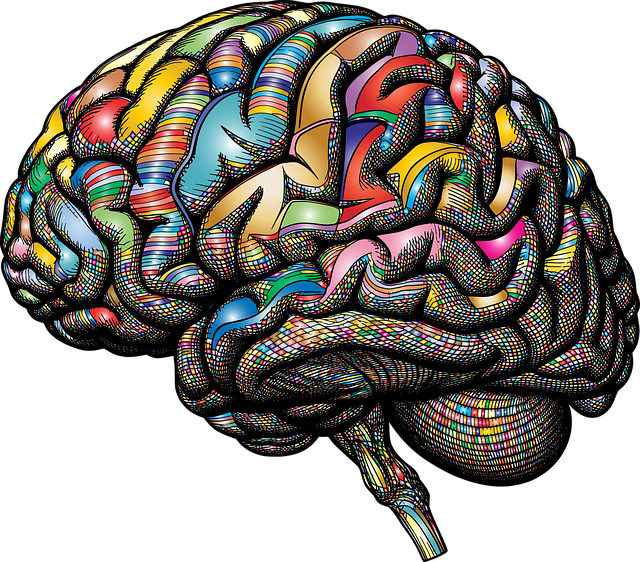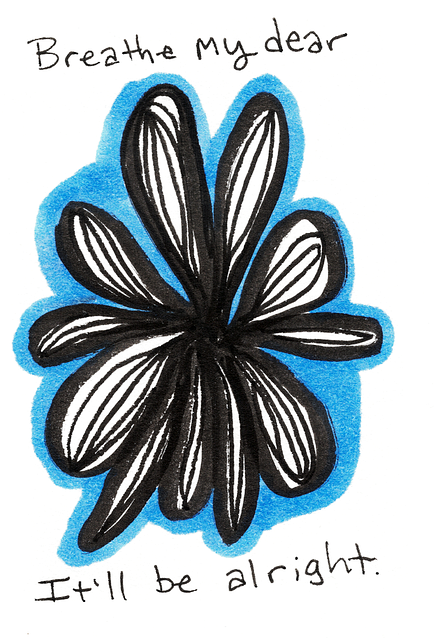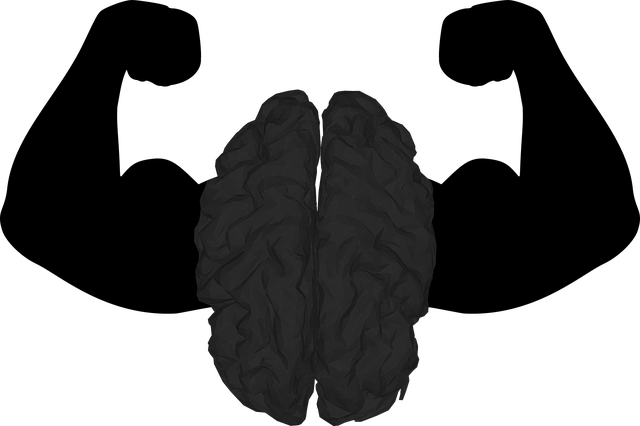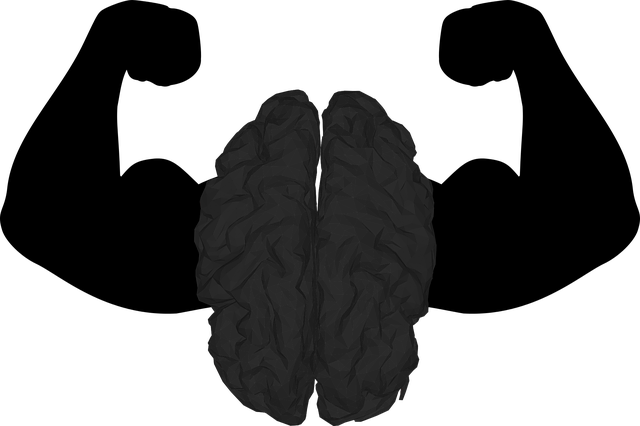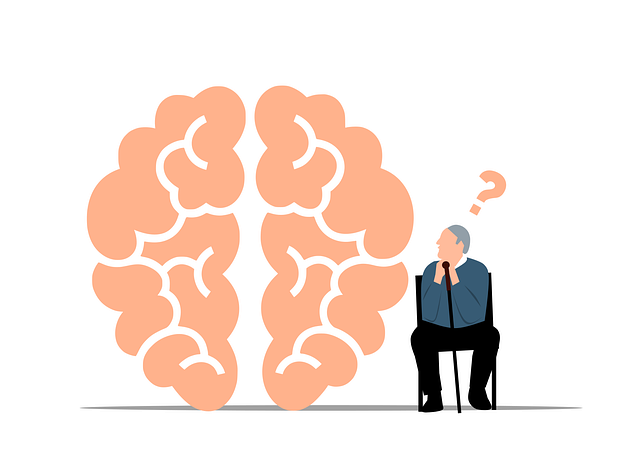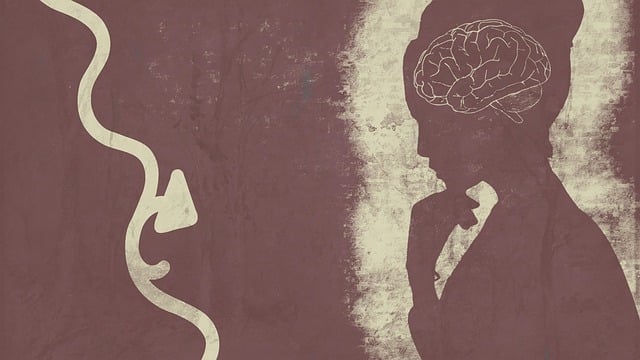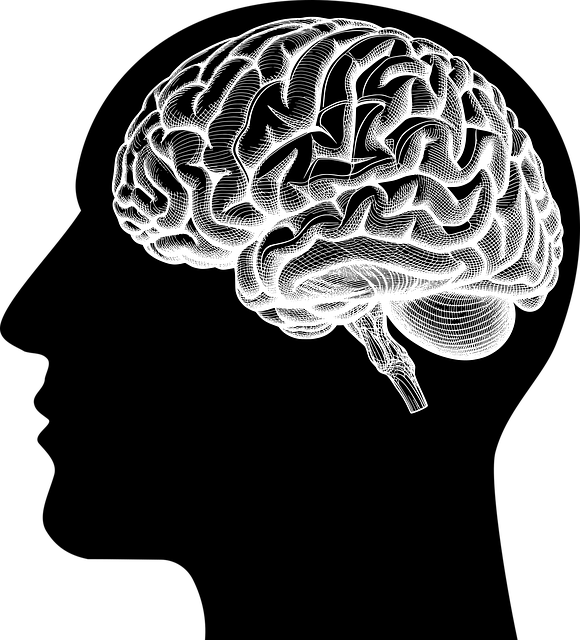Для русских говорящих пожилых людей, мигрировавших или живущих вдали от своей культуры, ведение журнала по психическому благополучию может стать эффективным инструментом поддержки эмоционального интеллекта и развития внутренней силы. Журнальное письмо помогает выражать мысли и чувства на родном языке, управляет стрессом, развивает осознанность и саморегуляцию, улучшая эмоциональное благополучие и помогая справляться с жизненными вызовами. С помощью культурных чувствительных практик и тренингов, таких как программы по снижению стигмы психических заболеваний, можно значительно улучшить психическое здоровье русских говорящих пожилых людей.
Mental wellness journaling offers a powerful therapy approach for Russian-speaking elders, providing a safe space to express emotions and thoughts. This article explores the benefits of this practice, specifically tailored to meet the unique needs of elderly individuals from Russian-speaking backgrounds. We guide you through practical steps to implement this exercise, offering a supportive framework for navigating mental wellness through journaling. Discover how this simple yet profound method can enhance the well-being of your loved ones or clients.
- Understanding Mental Wellness Journaling for Russian-Speaking Elders
- Benefits of Journaling: A Therapy Approach for Elderly Individuals
- Practical Steps to Implement and Guide Russian-Speaking Elders in Journaling Exercise
Understanding Mental Wellness Journaling for Russian-Speaking Elders

Для русских говорящих пожилых людей понимание и практика журнала по психическому благополучию могут стать мощным инструментом в поддержании их эмоционального интеллекта и развития внутренней силы. Многие пожилые люди, особенно те, кто мигрировал или живет вдали от своей культуры, могут испытывать стресс и одиночество. Журнал позволяет им выразить свои мысли и чувства на своем языке, что способствует процессу исцеления и самопознания.
Эта практика может помочь в управлении стрессом, развивая навыки осознанности и саморегуляции. Через запись своих переживаний и эмоций, русские говорящие пожилые люди могут улучшить свое эмоциональное благополучие, укрепить внутреннюю силу и найти способы справляться с жизненными вызовами. Это может быть особенно полезно в контексте терапии для пожилых людей, помогая им интегрироваться в новую среду и поддержать их общее психическое здоровье.
Benefits of Journaling: A Therapy Approach for Elderly Individuals

Journaling has emerged as a powerful therapy approach for elderly individuals, offering numerous mental wellness benefits. For those who may face language barriers or cultural challenges, engaging in this practice can be especially beneficial. For Russian-speaking elders, journaling provides a private space to express their thoughts and emotions freely, helping to reduce the stigma often associated with mental illness. This simple act of writing allows them to reflect on their experiences, process complex feelings, and gain insights into their emotional state.
The therapeutic nature of journaling can be further enhanced through cultural sensitivity in mental healthcare practices. Healthcare providers trained in cultural competency are better equipped to guide elders through this exercise, ensuring it remains accessible and relevant to their unique backgrounds. By incorporating these training programs, such as those focused on Mental Illness Stigma Reduction Efforts, professionals can create a safe environment where Russian-speaking individuals feel understood and supported, thereby promoting positive mental health outcomes.
Practical Steps to Implement and Guide Russian-Speaking Elders in Journaling Exercise

Implementing a journaling exercise for Russian-speaking elders can be a rewarding way to promote mental wellness and offer therapy tailored to their needs. Here’s a practical guide to get started:
1. Choose an Inviting Format: Select journals with large, clear print in Russian, considering the visual comfort of our older population. Include prompts or questions that resonate with their experiences—from reflecting on childhood memories to expressing gratitude for present-day blessings.
2. Create a Safe Space: Establish a quiet, comfortable environment where elders feel at ease sharing their thoughts. Ensure privacy and confidentiality, which are crucial for building trust. Consider offering one-on-one sessions or small group gatherings, depending on their preferences.
3. Incorporate Cultural Sensitivity: Tailor the journaling prompts to incorporate elements of Russian culture and traditions. This can spark meaningful reflections and encourage participants to share stories that hold significance in their lives.
4. Offer Guidance, Not Judgment: As a mental wellness coach, your role is to facilitate, not direct. Provide gentle encouragement and support, ensuring they understand journaling is for self-exploration, not performance. Avoid pushing for specific responses; instead, focus on helping them find their voice.
5. Combate Burnout Prevention: Journaling can be therapeutic but also demanding, especially if elders are dealing with age-related challenges. Schedule regular breaks during sessions and encourage a pace that feels manageable.
6. Encourage Consistency: Suggest starting small—a few minutes daily or weekly—and gradually increasing the practice. Consistency is key to reaping the mental wellness benefits of journaling over time, which can be particularly valuable in preventing burnout.
7. Develop Mental Wellness Coaching Programs: With a growing interest in eldercare and mental health awareness, consider creating specialized coaching programs focused on this population. This could include tailored workshops, online resources, or even a mental wellness podcast series production to engage Russian-speaking elders.
Mental wellness journaling offers a powerful therapy approach for Russian-speaking elders, providing them with a means to express their thoughts and emotions. By understanding its benefits and following practical steps, caregivers can guide this vulnerable population in navigating their mental health journeys. Incorporating journaling into their routine may enhance their overall well-being and foster a sense of self-care among the elderly community, especially those for whom traditional therapy settings might be less accessible.

